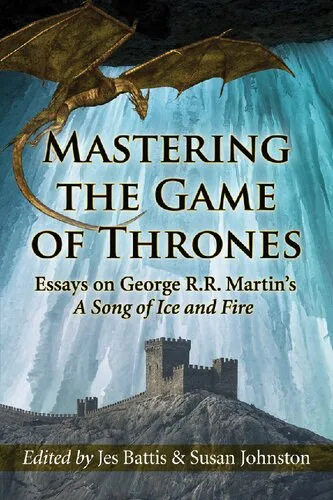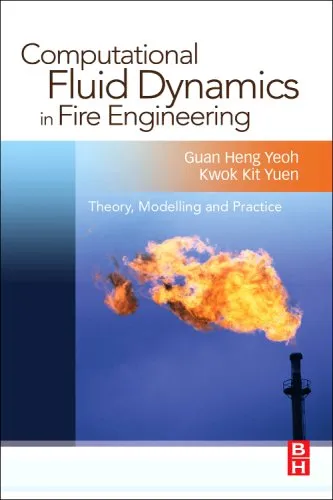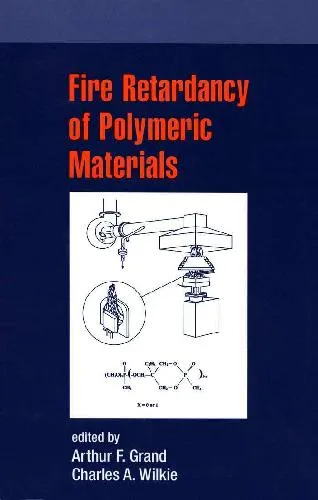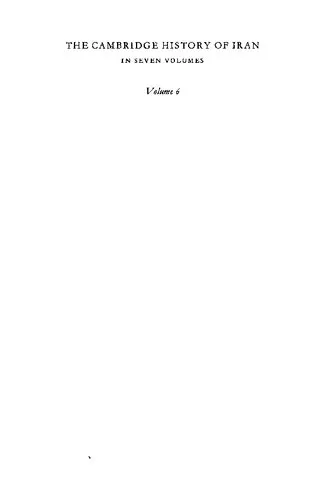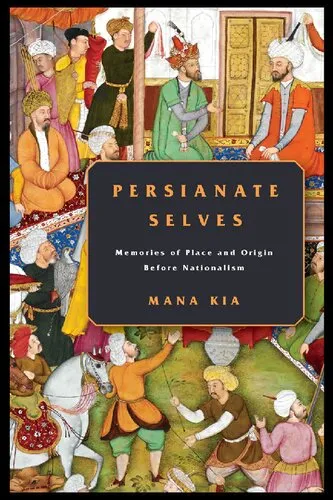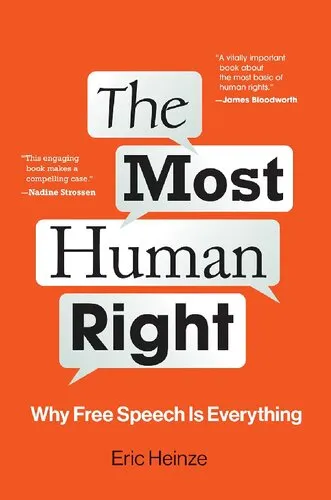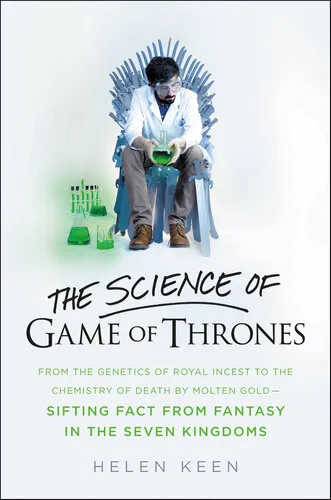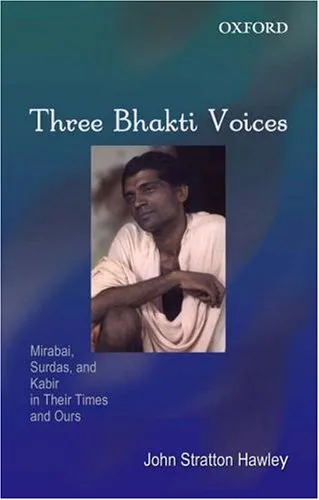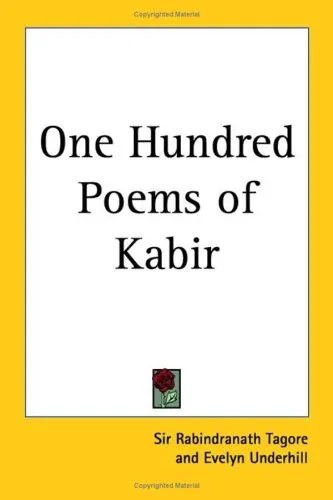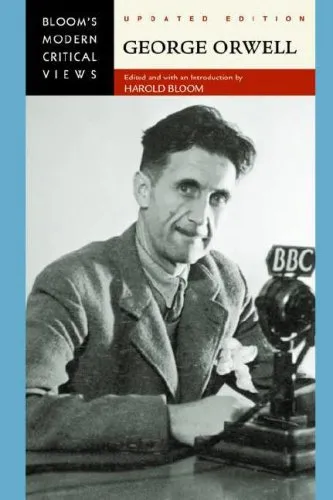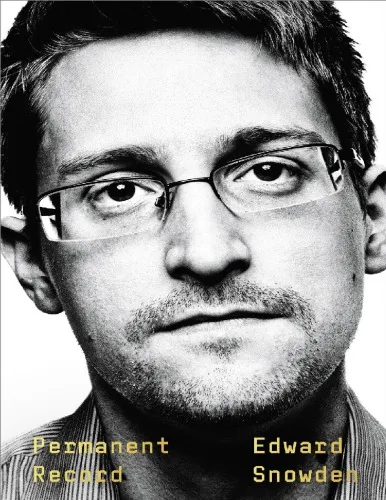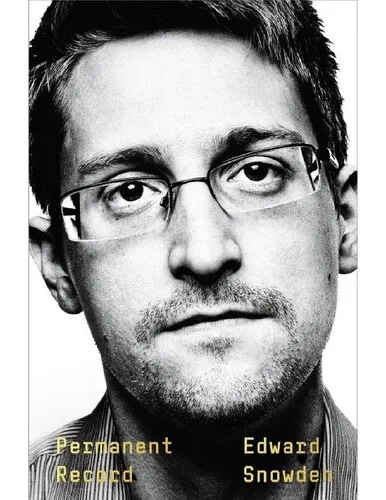Russian Studies in Literature
4.0
Reviews from our users

You Can Ask your questions from this book's AI after Login
Each download or ask from book AI costs 2 points. To earn more free points, please visit the Points Guide Page and complete some valuable actions.Related Refrences:
Analytical Summary
The book Russian Studies in Literaturepp.50—61 presents a distinct scholarly perspective on a crucial segment of Russian literary tradition, spanning historical context, critical interpretations, and thematic connections between literature and the socio-political landscapes that shaped it.
Within these pages, the reader encounters nuanced examinations of both canonical and lesser-discussed works. The section covered, from pages 50 to 61, brings together layered analyses that reveal how literary texts serve as cultural documents, reflecting broader trends in Russian society. The emphasis on attentive close reading makes the work relevant to academics who seek precision alongside interpretive openness.
This analytical portion delves into the interplay between Russian literary criticism—a key secondary keyword—and the evolving narratives of national identity. The essays underscore the interdependence of formal stylistic devices and the cultural analysis that situates them within a historical framework. Rather than isolating texts from their environment, the author demonstrates how literature is a dialogue with its own past and its imagined futures.
As a text of scholarly depth, the work eschews oversimplification. It guides the serious reader through methodological pathways, laying out arguments that are both clearly articulated and supported by textual evidence. While the publication year is information unavailable due to no reliable public source, the content’s resonance with contemporary literary study remains evident.
Key Takeaways
Several critical insights emerge from Russian Studies in Literaturepp.50—61, each adding to the ongoing discourse about the role of literature in society.
Readers will deepen their understanding of Russian literary criticism as a discipline grounded in both aesthetic appreciation and rigorous historical contextualization.
They will recognize the symbiotic relationship between authors’ creative choices and the prevailing cultural climates of their times—a central theme in cultural analysis.
The work demonstrates how close reading combined with attention to socio-political background results in richer interpretations and a greater appreciation of literary innovation.
Finally, the section serves as an invitation to further explore Russian literature not only as art but also as a lens through which to view intellectual currents, moral debates, and national identity.
Memorable Quotes
Literature is both a mirror and a lamp—reflecting society and illuminating its possibilities.Unknown
Russian prose speaks in the voice of its people, yet listens to the silence between their words.Unknown
Why This Book Matters
Russian Studies in Literaturepp.50—61 stands out because it does not merely catalogue information but engages the reader in active critical thought.
For academics, the text serves as a chalice of distilled insight—each passage revealing a larger narrative about the machinery of culture as seen through Russian literary production. For professionals working in literary scholarship or cultural analysis, it is a wellspring of interpretive strategies applicable beyond the Russian canon.
Serious readers will appreciate the balance between theoretical framing and close-textual study, making the book applicable both in scholarly research and in classroom settings. Its treatment of Russian literary criticism as a living practice ensures relevance in a globalized academic context.
Inspiring Conclusion
In absorbing the insights offered by Russian Studies in Literaturepp.50—61, readers find themselves part of an ongoing conversation about the meaning, purpose, and social role of literature.
This book offers both depth and clarity, making it a valuable resource for reflection and discussion. Whether engaging with Russian literary criticism or exploring the broader currents of cultural analysis, the text invites critical engagement at every turn.
Your next step is to delve into its pages—read, share, and discuss the interpretations, connecting them with your own scholarly or professional pursuits. In doing so, you will contribute your voice to a tradition that values literature as a vital force in cultural understanding.
Free Direct Download
You Can Download this book after Login
Accessing books through legal platforms and public libraries not only supports the rights of authors and publishers but also contributes to the sustainability of reading culture. Before downloading, please take a moment to consider these options.
Find this book on other platforms:
WorldCat helps you find books in libraries worldwide.
See ratings, reviews, and discussions on Goodreads.
Find and buy rare or used books on AbeBooks.


